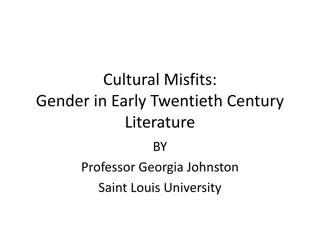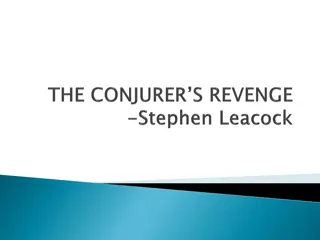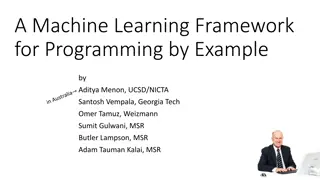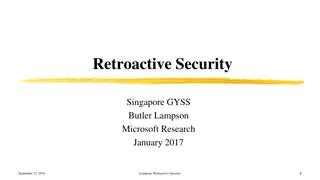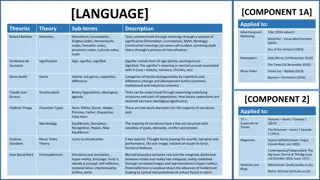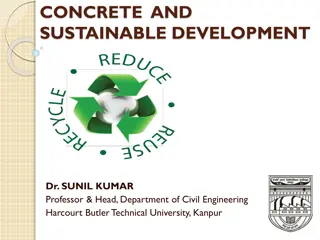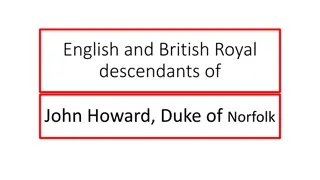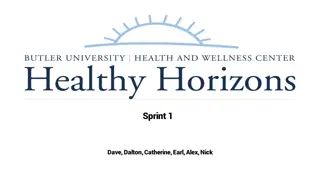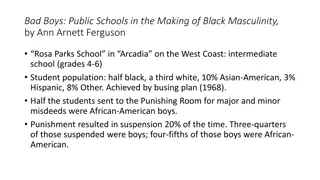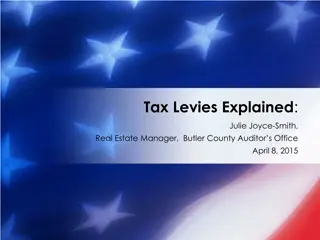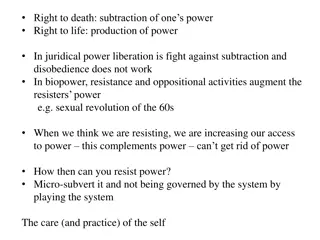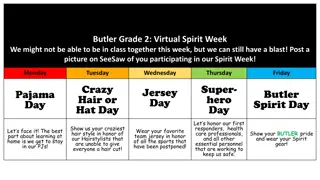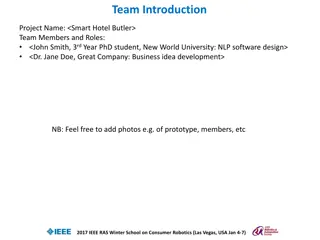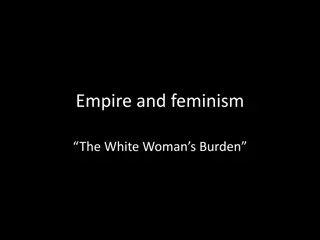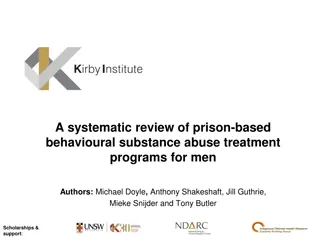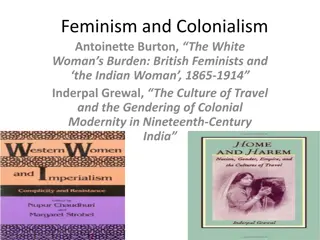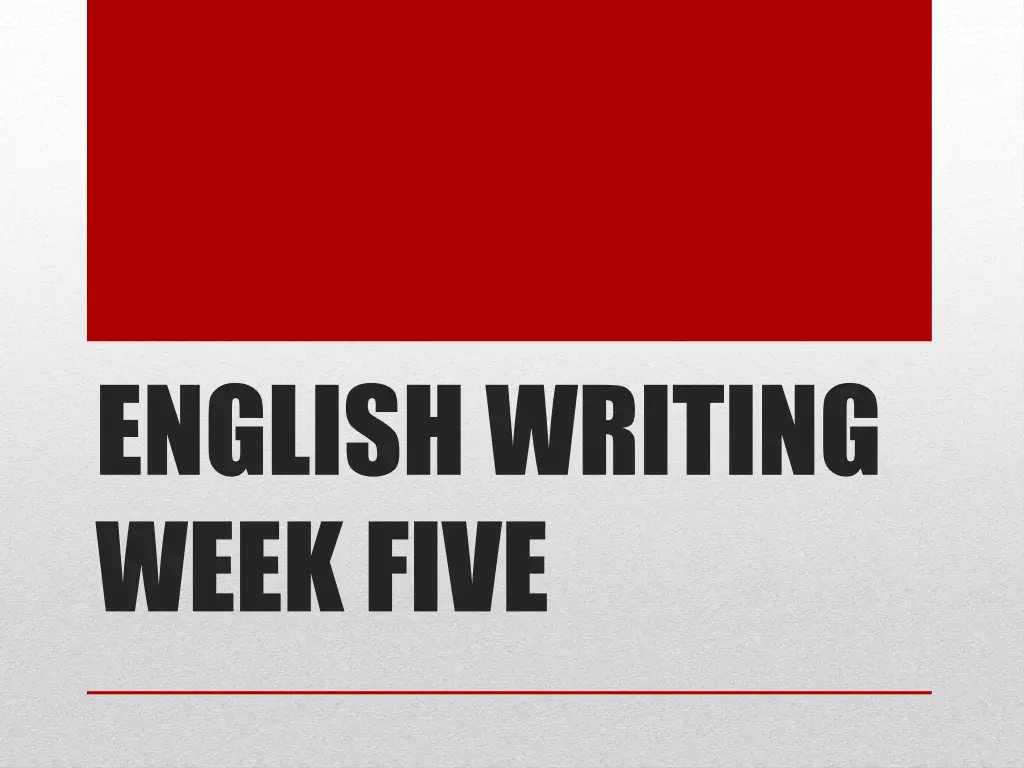
Inspiring Quotes and Writing Strategies for Creative Expression
Discover insightful quotes by Steve Jobs and effective strategies for enhancing your writing skills. Explore the power of following your heart, receiving feedback, and unleashing your creativity to make an impact in the world.
Download Presentation

Please find below an Image/Link to download the presentation.
The content on the website is provided AS IS for your information and personal use only. It may not be sold, licensed, or shared on other websites without obtaining consent from the author. If you encounter any issues during the download, it is possible that the publisher has removed the file from their server.
You are allowed to download the files provided on this website for personal or commercial use, subject to the condition that they are used lawfully. All files are the property of their respective owners.
The content on the website is provided AS IS for your information and personal use only. It may not be sold, licensed, or shared on other websites without obtaining consent from the author.
E N D
Presentation Transcript
ENGLISH WRITING WEEK FIVE
THOUGHTS FOR THE DAY by STEVE JOBS Your time is limited, so don t waste it living someone else s life. Don t be trapped by dogma which is living with the results of other people s thinking. Don t let the noise of other s opinions drown out your own inner voice. And most important, have the courage to follow your heart and intuition. They somehow already know what you truly want to become. Everything else is secondary. - Stanford Commencement Addres s
Almost everythingall external expectations, all pride, all fear of embarrassment or failure these things just fall away in the face of death, leaving only what is truly important. Remembering that you are going to die is the best way I know to avoid the trap of thinking you have something to lose. You are already naked. There is no reason not to follow your heart. Stanford Commencement Address
"Your work is going to fill a large part of your life, and the only way to be truly satisfied is to do what you believe is great work. And the only way to do great work is to love what you do. If you haven't found it yet, keep looking. Don't settle. As with all matters of the heart, you'll know when you find it. And, like any great relationship, it just gets better and better as the years roll on. So keep looking until you find it. Don't settle." - Stanford Commencement Address
own topic: just write - if you want to start by responding to the death of Steve Jobs or to one of his quotes, then you can. Let your writing take you anywhere it wants to go. Just trust your inner thoughts to run freely. No one is going to read this unless you chose to share parts of it with us. Write-to-Learn
To introduce a strategy for peer response that will facilitate your ability to both give and receive feedback. GOAL #1
Criterion-based feedback considers criteria or traits that tell you how your writing measures up: What is its quality? Reader-based feedback relies on personal impressions to tell you how your writing affects the reader: How does it work? STRATEGY #4: TWO KINDS OF FEEDBACK
But in practice, the distinction between the two can sometimes seem fuzzy. That is, sometimes when a reader gives you criterion-based feedback ( This piece isn t unified ), it may be his way of saying what was happening to him as he read ( I felt lost most of the time I was reading-I couldn't follow you") . Or if a reader gives you reader-based feedback ( When I got here, I stopped and thought, 'No, I don t buy that for one minute!'"), it may just be his way of saying, Your logic is faulty here.
Indeed, a reader cannot possibly give you a piece of criterion-based feedback except on the basis of something having happened inside him; nor can a reader give you a piece of reader-based feedback without at least implying a criterion of judgment or perception.
But the interdependence between the two kinds of feedback does not diminish the important difference between them. It will make a practical difference to you whether you ask readers for one or the other. Criterion- based messages will help you fix a draft or change the writing in a specific way; reader-based messages will tell you how or if your writing affected the reader or made him respond a certain way. Therefore, you need to ask for both kinds of feedback.

